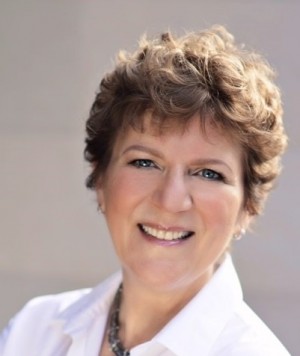The Power of Being Willing to Say: “I Don’t Know.” 
Shabbat Parashat Toldot
December 3, 2016 – 3 Kislev 5777
Dear Friends,
I hope you will join us for services this Friday night and Shabbat morning as we celebrate the bar mitzvah of Jesse Hinnant. Mazal Tov to Jesse and to his entire family!
You might remember that during the High Holy Days I spoke about the importance of being able to say to oneself: “I don’t know.” Once we are able to admit that to ourselves, we may be able to admit that to others as well. And what good would that do? Let me share with you an edifying example of a biblical commentator who took the trouble to record for posterity the fact that he didn’t know the answer to a particular question….
Toward the end of our parsha, after we know full well from the detailed story of Jacob having tricked Esau out of his birthright, that Rebekah was the mother of Jacob and Esau – the Torah (for some reason) tells us:
“Then Isaac sent Jacob off, and he went to Paddan-aram, to Laban the son of Bethuel the Aramean, the brother of Rebekah, mother of Jacob and Esau.” (Genesis 28:5)
Why does the Torah repeat to us what is so obvious by this point in the biblical narrative – that Rebekah is the mother of Jacob and Esau?
The first place anyone studying Torah would look for an answer is in the writings of the classical biblical commentator, Rashi. And, in regard to the biblical words: “mother of Jacob and Esau,” Rashi says: “Aynee yodeyah mah m’lamdaynu [I don’t know what this teaches us!].”
Although he is puzzled, Rashi is not embarrassed to raise the question and to admit that he has no idea why the Torah repeats the obvious toward the end of our parsha! Rashi could have just as easily not made any comment on the perplexing verse…. Instead, Rashi chose to draw our attention to the verse and to admit that he didn’t have an answer.
What did Rashi accomplish by saying: “I don’t know what this teaches us?” It seems that Rashi understood the powerful potential embedded in being able to say to others: “I don’t know.” By saying what he said, Rashi got us to notice the question. He got us to think. He opened the discussion, for those around him, and for generations to come!
So, now I ask you: Why do you think the Torah repeated that Rebekah was the mother of Jacob and Esau at the end of our parsha?
I would be interested in your thoughts….
Shabbat Shalom!
Rabbi Gilah Dror
Copyright © 2024 Rodef Sholom Temple. All rights reserved. Website designed by Addicott Web.